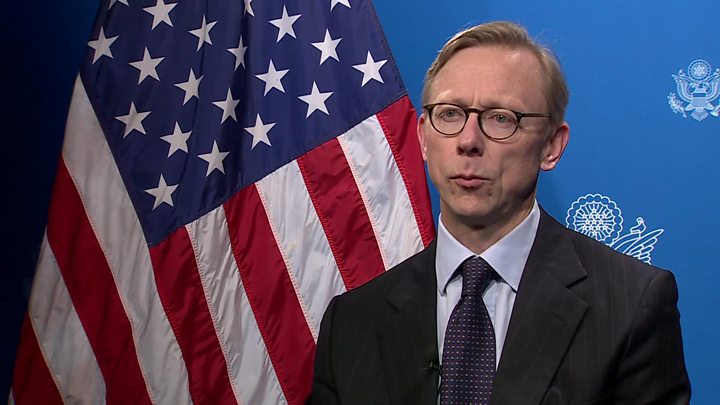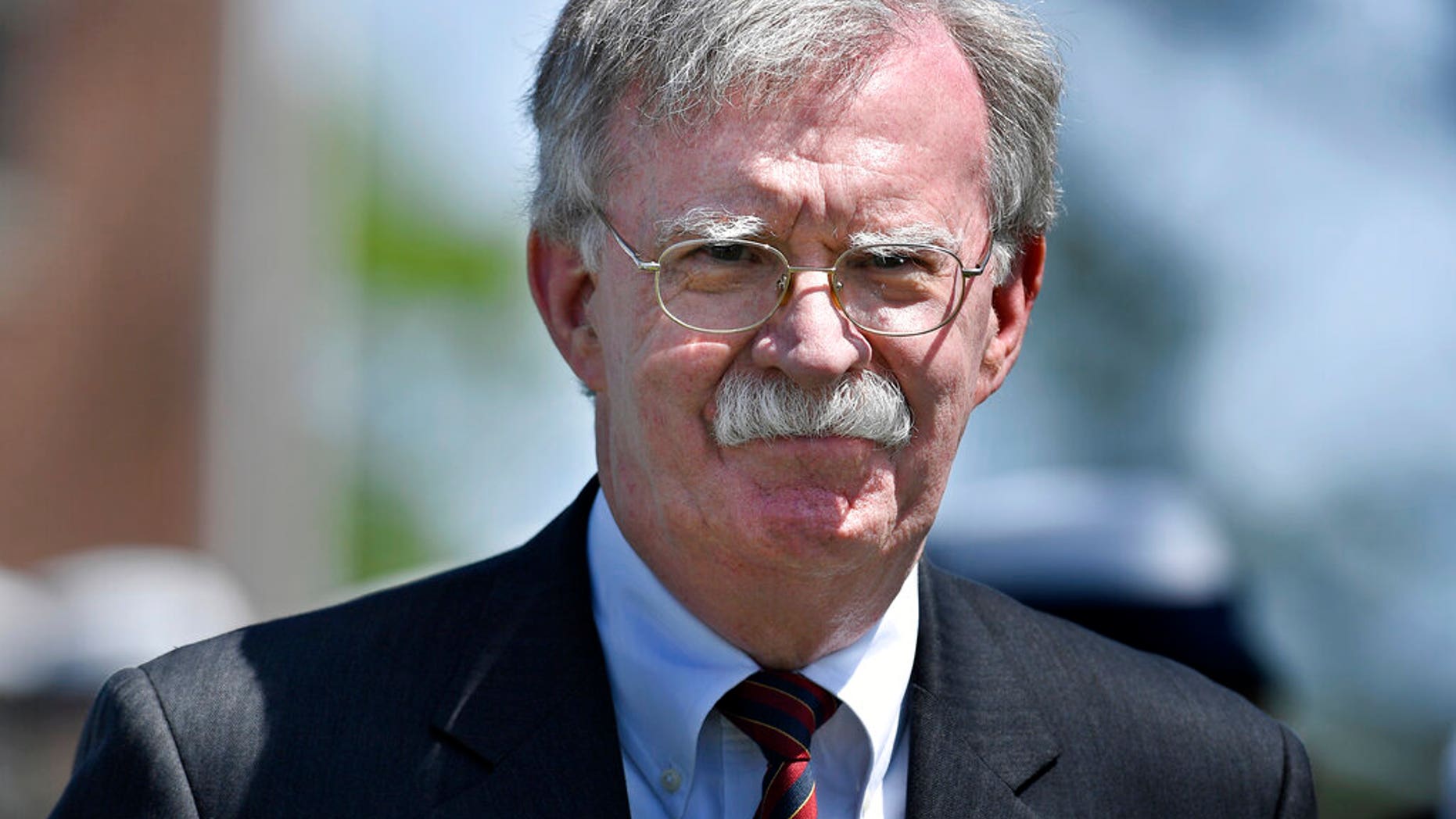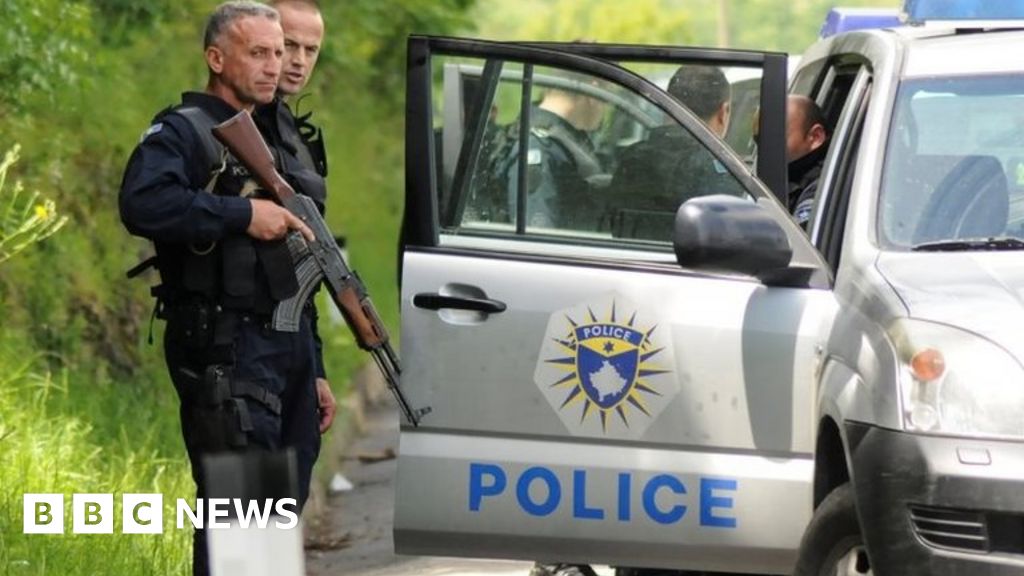
KATHMANDU, Nepal — After human traffic jams at the top of Mount Everest and an aggressive, unruly atmosphere that has been described as “a zoo,” Nepalese officials said on Wednesday that they were considering changing the rules about who was allowed up the world’s highest mountain.
“It’s time to review all the old laws,” said Yagya Raj Sunuwar, a member of Parliament.
Until now, just about anyone could get a permit to climb Mount Everest. But this year has been marred by pileups at the top and a surge of inexperienced climbers who have caused delays and other problems along the steep, rocky and incredibly dangerous ascent.
At least 11 climbers have died on Everest this year, making this season one of the deadliest ever. Veteran climbers say that many of the deaths were needless and that the increasing number of inexperienced climbers who try to tackle Everest are making it more dangerous for everyone.
Several government officials in Kathmandu, Nepal’s capital, said Thursday that they were analyzing what happened and leaning toward requiring all climbers to submit proof of mountaineering experience and a verifiable certificate of good health.
“Certainly there will be some change in the expedition sector,” said Mira Acharya, a senior official with Nepal’s tourism department. “We are discussing reforming some issues, including setting criteria for every Everest hopeful.’’
At a recent meeting, she said, “we raised the issue of inexperienced climbers.’’
Mount Everest is a huge block of ice and rock along the Nepal-China border. China also runs expeditions to the top. This year, there have been two deaths on the Chinese side, compared with nine on the Nepal side.
Climbers who recently summited Everest from the Nepal side described a “Lord of the Flies” atmosphere with mobs of people in huge down jackets perched on the summit, pushing and shoving to take selfies.
The path to the top is so narrow and steep, climbers had to step precariously around others who had fallen ill or died. Some apparently ran out of bottled oxygen, partly because of the crowd of climbers trying to get to the top at the same time.
That caused delays, with climbers forced to wait in the snow for hours, at heights of more than 28,000 feet, as their limited supply of compressed oxygen slowly ran out and their energy faded.
Several climbers described a ruthless pursuit of the summit in which other climbers refused to share the essentials of life — water and oxygen.
Amit Chowdhury, the president of the safety commission at the International Mountaineering Federation, said that the rules on some other mountains empowered guides to stop a climber from ascending if the guide felt the climber might not make it.
But, he said, “at Everest, it is not the same — you can hire a Sherpa on the streets of Kathmandu, or your travel agent says, ‘Here is your Sherpa,’ that’s it.”
“There is no way to know whether that Sherpa can judge and determine the capability of the person who is climbing,” he added.
Nepal is one of Asia’s poorest countries, and even Everest, the jewel of its tourism economy, has been marred by corruption scandals and scams.
Last year, media organizations and insurance companies exposed a conspiracy by some guides, helicopter companies, teahouse owners and hospitals to bilk millions of dollars from insurance companies by pushing trekkers with even minor signs of altitude sickness to use costly evacuation services.
Under Nepal’s current rules — climbers say China is stricter — all climbers must submit a copy of their passport, limited biographical data and a certificate showing they are healthy enough to make it to the top.
But Nepali officials admitted they did not have a way of verifying the health information before granting a permit. Foreigners pay $11,000 for the permits, though the costs for guides, equipment, food and lodging for the entire expedition can easily surpass $50,000. Nepali climbers pay about $700 for a permit.
Nepali officials said Thursday that the climbing season was now over, as scheduled, and that there were no more climbers on the upper parts of the mountain.
https://www.nytimes.com/2019/05/29/world/asia/mount-everest.html
2019-05-29 09:40:16Z
52780303656924




